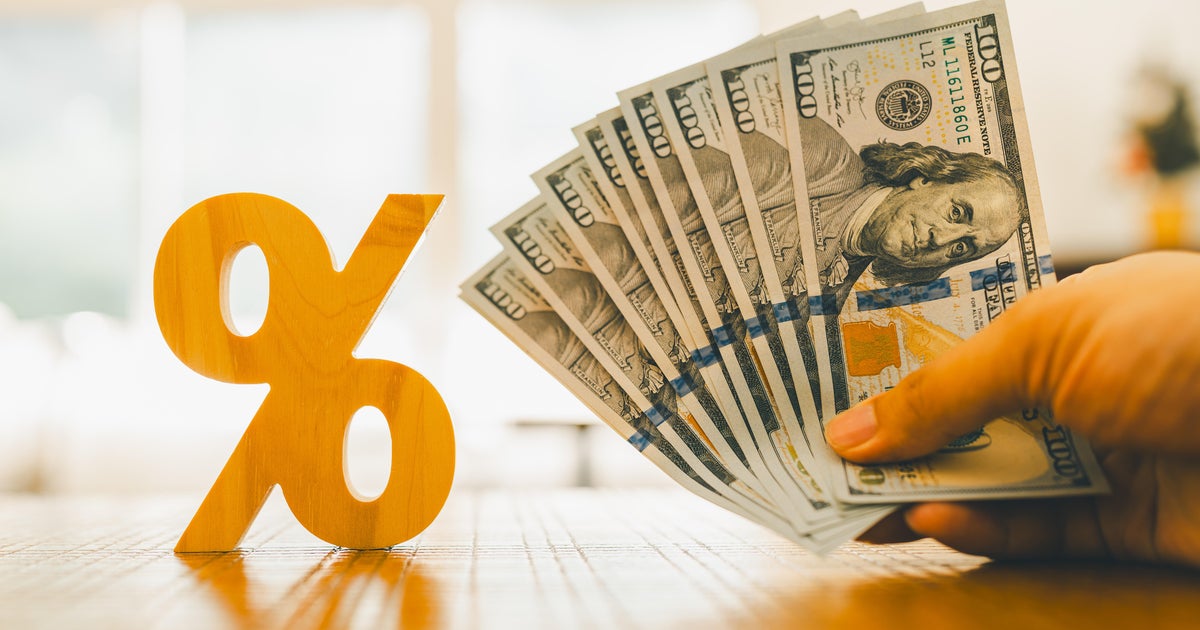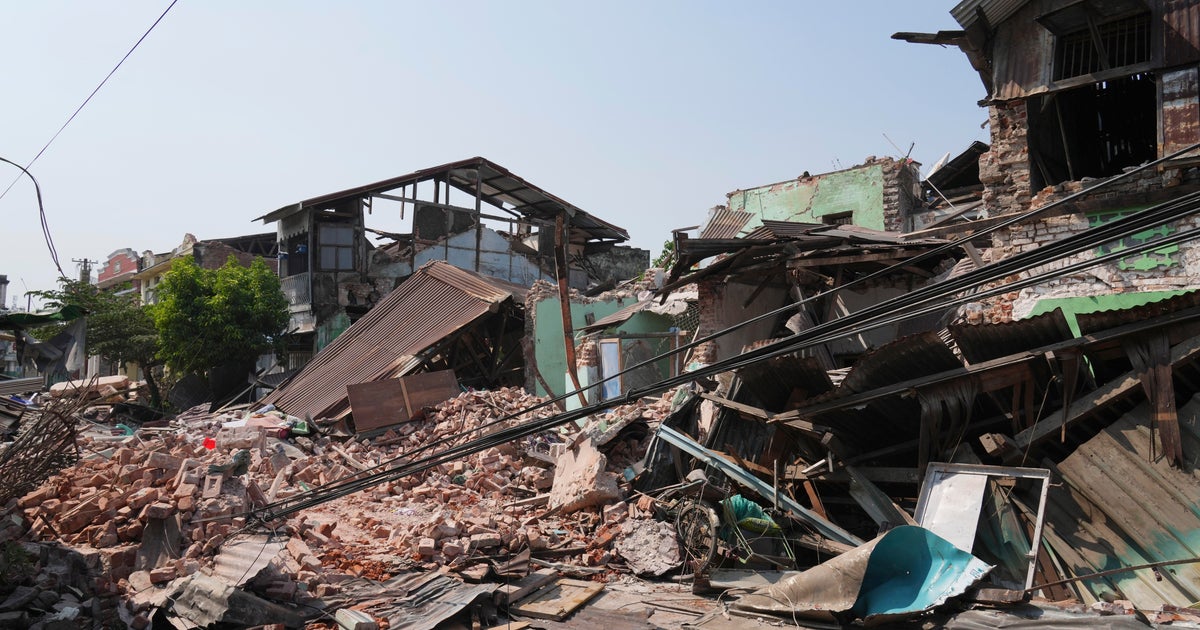Industry leaders and business owners are warning that sweeping new tariffs on U.S. imports announced by the Trump administration on Wednesday could raise prices for American consumers.
President Trump said the U.S. would impose a 10% tariff on all countries and matching, or “reciprocal,” tariffs on roughly 60 nations that charge higher duties on American exports.
Consumer Technology Association CEO Gary Shapiro said in a statement to CBS News that the reciprocal tariffs amount to “massive tax hikes on Americans that will drive inflation, kill jobs on Main Street and may cause a recession for the U.S. economy.”
“Americans will become poorer because of these tariffs,” he added.
Michelle Korsmo, CEO of the National Restaurant Association, said that the reciprocal levies could disrupt the industry by hiking food and packaging costs, which operators will have to pass on to consumers in the form of higher prices.
Michael Cervantes, who owns the Banks Alehouse in Fairbanks, Alaska, expressed concern about the new tariffs.
“It’s not just 10% because there is a ripple effect trying to get the product out of Mexico, for example. It’s going to cost the distributors more, and they’re not going to do it for free, so the 10% will trickle down,” he told CBS MoneyWatch. “They might put a little something else on it, and by the time it gets to me I am estimating it will cost around 18% more” than before the tariffs were in place. “And that’s coming right off my bottom line.”
Although Cervantes said he’ll have to pass some of the added costs along to patrons, he is reluctant to raise prices too much given that his restaurant serves comfort food.
“I can’t just say, ‘My burger costs $25.’ People won’t pay for it,” he said. “This is one more piece [Trump] is taking away from us.”
Louis Amoroso, co-founder of Full Glass Wine, a Los Angeles-based direct-to-consumer wine merchant, said upwards of 60% of the wine it sells is made domestically, while some 40% comes from abroad. Responding to Mr. Trump’s tariff announcement Wednesday, Amoroso told CBS MoneyWatch that the company will have to adjust that ratio.
“We will look to do rejigger some of our buying so we have as little impact on our customers as possible,” he said. “We’ll bring less than we were in from France and Italy because we’re all about providing value to our customers, who are very cost- conscious.”
Amoroso said he plans to source more wine from California and from countries that aren’t subject to steep reciprocal tariff rates.
Shoe manufacturers also could face significantly higher costs given that the U.S. imports a large share of its footwear from other countries. Matt Priest, CEO of the Footwear Distributors and Retailers of America, a trade organization representing shoe manufacturers, said in a statement Wednesday that the new levies will be “catastrophic” for Americans.
“We had hoped the president would take a more targeted approach, but these broad tariffs will only drive up costs, reduce product quality and weaken consumer confidence,” he said. “Our industry is already dealing with inflationary pressures, and this move will force families to think twice before making a purchase. That’s bad for Americans and the economy.”
For his part, Mr. Trump had a clear message for companies that object to his foreign trade policy.
“To any company that objects… if they complain, if you want your tariff rate to be zero, then you build your product right here in America because there is no tariff,” Mr. Trump said in a briefing in the White House’s Rose Garden.
Mr. Trump also cited some major corporations that he said have committed to investing in domestic manufacturing, including Apple, Japanese automaker Honda, AI leader Nvidia, pharmaceutical company Johnson & Johnson and Taiwanese chipmaker TSMC.
“They’ve committed to build, build, build,” Mr. Trump said.




